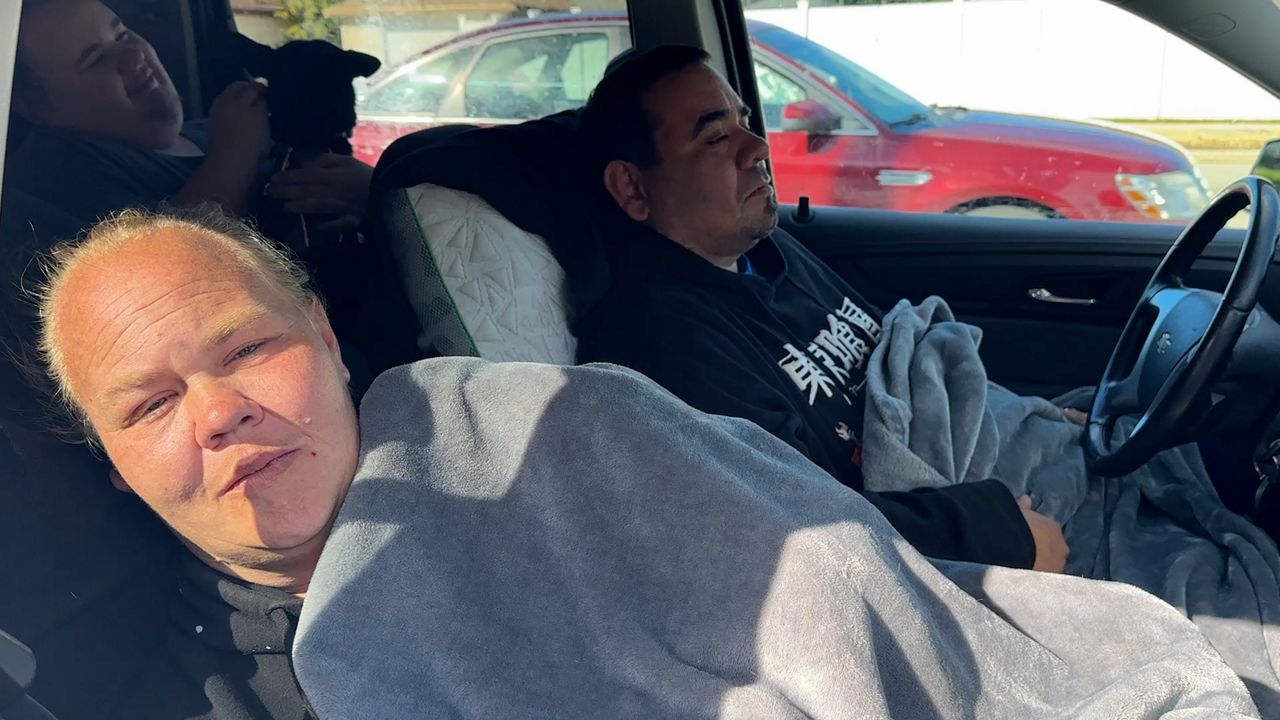KENOSHA, Wis. — Eviction filings are rising across the state.
According to the Wisconsin Eviction Data Project, there were 27,026 filings in 2019. In 2020 and 2021, the state had 19,427 and 17,727, respectively. After those two years of decline, filings rose rapidly in 2022 to 25,819.
According to numbers from the Eviction Data Project and Wisconsin’s circuit court system, there have been just under 24,000 eviction filings so far this year.
If this trend continues, the state will meet, or top pre-pandemic filings. Milwaukee and Kenosha counties are on pace to also top pre-pandemic filings.
Kenosha has only 56 fewer filings this year than in 2019. Dane County has already surpassed 2019 filings this year by 113.
A safety net for individuals and families came in the form of Wisconsin’s Emergency Rental Assistance program, or WERA. WERA was available in 2022 and 2021.
Due to dwindling funds, applications closed at the end of January this year. The end of COVID-era rental assistance coincides with this rapid rise in eviction filings. Inflation is also causing many landlords to raise rent.
“As of January 1, people might be a little upset because I will have to raise rent by $100 a month on all my properties,” said Mike Rodgers, a landlord in Kenosha. “I’m way below market value on my rents.”
Rodgers owns and rents 10 properties in Kenosha County. He rents seven of them under his rental company, Deborah Properties LLC. He rents the other three under Rodgers Heating and Air Conditioning, his small business.
Rodgers said he has been operating as a landlord since 2008. Court records show since 2019, he has filed three evictions in Kenosha County. Two of those evictions were this year.

“I am a human being and I don’t want to put people out on the curb,” he said. “That said, I can’t afford to pay for them to live in my house.”
One of those evictions was filed against Heather and Christian Sanchez on July 31. The couple has been homeless since Sept. 6. They have been sleeping in their truck and parking it outside of Heather’s mother’s apartment.
Heather Sanchez said there are not enough beds for her family to share the small space with her mom.
“We’ll go there sometimes for food, or just to get warm,” Heather Sanchez said. “At night, we have to sleep in the truck and I just hope we can get off the streets before winter comes.”
Heather and Christian Sanchez share four children, ranging in age from 10 to 18. Some of them are from previous marriages. When they’re not with their other biological parent, some of the children sleep in the truck too.
Heather Sanchez said the couple has looked at and applied for more than 10 apartments. She and Christian Sanchez have another eviction on their records from 2017. She said finding another place to live has been difficult for that reason.
“This most recent eviction is definitely making it difficult,” she said. “It’s just because I was in and out of the hospital that I couldn’t afford the rent.”
Heather Sanchez underwent a rib removal surgery in August, after what she referred to as a series of health issues.
Court records show Rodgers is suing her and her husband for $1,240.62 for back rent and an unpaid water bill. He began renting to the Sanchez family on March 1, 2019.
“This rental business will be my retirement,” Rodgers said. “So, it’s like taking a chunk out of my retirement.”
“We’re just trying to stay together and, hopefully, find a place that will give us a chance,” Heather Sanchez said.
Bobbie Shadle is the legal coordinator at The ELCA Outreach Center in Kenosha. She said she has noticed a vast increase in eviction cases.
“There’s been a massive amount over the past few months,” she said. “There’s at least one day of the week where I’ll have four or five that are evictions.”
The nonprofit offers coffee, food, warmth, free clothing and free legal advice to people in need. Shadle said the phone rarely stops ringing.
“It seems like it’s a double-edged sword because the landlords are doing what they need to do as humans in this world to provide for themselves,” she said. “Then, we have the tenants who are doing what they need to do as well, but health happens, job issues happen.”
Heather and Christian Sanchez both collect social security. She said it equates to roughly $3,000 per month. She said they have recently been using it to afford hotel rooms when possible.

“It’s really hard,” Heather Sanchez said. “I cry every day.”
The trunk of her truck is filled with plastic garbage bags. Some contain clean clothes. Others contain dirty clothes, feminine products and laundry detergent. One contains toys and a box of cereal.
Two dog beds sit on the back seats. Pillows and blankets cover the driver and passenger seats where she and Christian sleep.
“I’m just hoping we don’t have to spend Christmas like this,” she said.
A friend of Heather's started a meal train donation site for the Sanchez family.
Correction: A previous version of this story misstated the age for one of the Sanchez's children. This error has been corrected. (Nov. 7, 2023)



